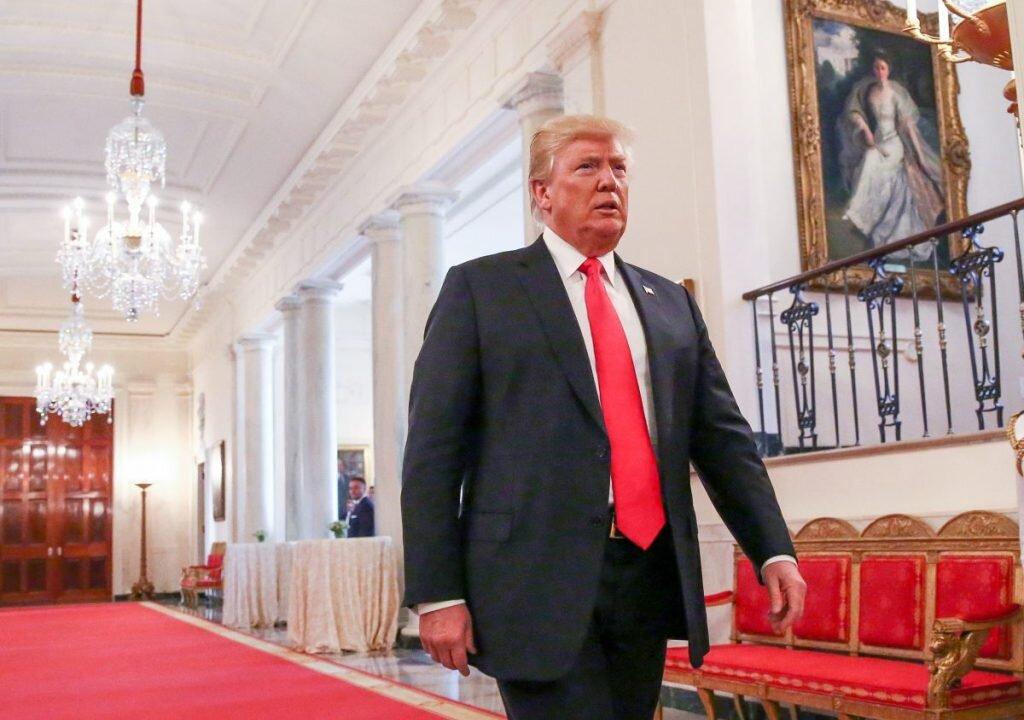President Donald Trump says that the issue of whether children born to illegal immigrants or other foreigners in the United States should be automatically granted citizenship will go to the Supreme Court.
Trump made the declaration a day after an interview included him saying he plans to pen an executive order that would dramatically alter the way so-called birthright citizenship is granted.





